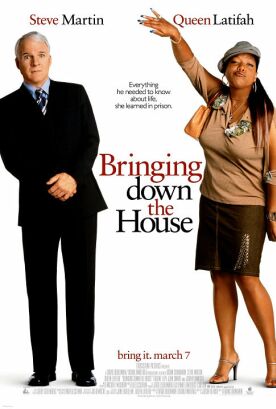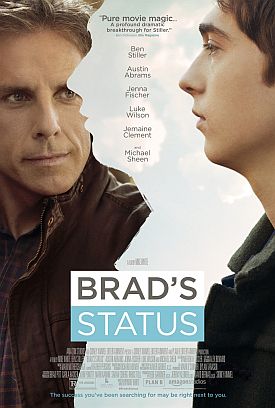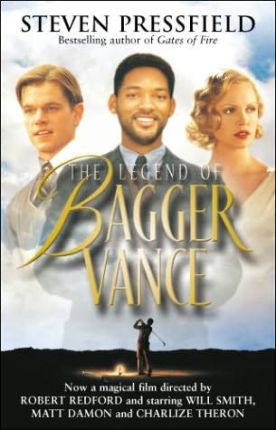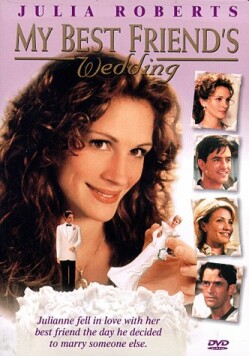For Love of the Game
For Love of the Game, starring Kevin Costner as Billy Chapel, an aging
pitcher for the Detroit Tigers who hopes to end his career with a perfect game,
turns out to be yet another Costnerian marathon of mawkishness and self
indulgence. Oddly for a film that is ostensibly about a guy who has to learn to
love by learning that he can’t do it all himself—that he is one of those
people who, as Barbra Streisand would say, needs people—this is a movie
all about Kevin Costner. No other character in the film is allowed an
independent existence; all are satellites orbiting Costner’s sun. Such is the
man’s narcissism that, when the final cut dropped his nude scene, he publicly
protested at the cowardice of the act, as if the world had been cruelly deprived
of the great delectation of a peek at his private parts.
Rather confusingly, most of the action takes place in flashback, during the
Tigers’ half of the innings of Billy’s hopeful perfect game. Not the least of
the film’s many implausibilities is that a man who spends so much time mooning
about his lost love between innings and, sometimes, between pitches (to say
nothing of talking to himself and opposing batters, who cannot hear him) would
have the concentration to pitch a perfect game. But then Billy seems to possess
an extremely valuable superpower. He has only to utter his mound
mantra—“Clear the mechanism”— and he tunes out everything. The sound
goes off, the crowd blurs and, for the space of a pitch, Billy’s focus is only
on the batter and his own catcher, played by John C. Reilly.
Kelly Preston plays the love interest, Jane Aubrey, a single mother and
writer for women’s magazines whom Billy begins to see for some no-fault sex
whenever the Tigers are in New York to play the Yankees. “You do what you do; I
do what I do,” she says compliantly. When he asks her to join him for a few days
in Florida during spring training, it all goes disastrously wrong, but they
realize that they need more of each other than either has yet been willing to
give. Billy forms a bond with Jane’s teenage daughter, Heather (Jena Malone),
after the pattern of the similarly self-indulgent Message in a Bottle,
and it begins to look as if they will soon be a happy family. But then Billy
injures himself and withdraws again into his shell of self-sufficiency.
“You don’t need me..You and the ball and the diamond—you’re perfect.
You can win all by yourself,” Jane tells him at the culminating point of all the
flashbacks. To her and to the filmmakers, this quality seems to have something
to do with masculinity and love of baseball, which seem at times to be almost
the same thing. “You are like the ultimate guy,” says Jane, who nevertheless
tries to help him and support him after his injury. But Billy drives her away.
“You make me feel distracted,” he says to her, suggesting that she go home and
leave him alone. “You make me feel weak.” All his energies are focused on
returning to baseball, which only confirms her impression of what is most
important in his life. “Haven’t you ever loved anything that much?” he asks. And
she leaves.
But baseball isn’t what it was. The Tigers’ owner, played by Brian Cox, is
going to sell the team at the end of the season, and the new owners’ first act
will be to trade Billy away from the team where he has played for his entire
career. Will he stay with the game even through such a sordid commercial
transaction as that? He can’t make up his mind. But gradually, in the course of
pitching that last game, he realizes that, if you put it like that, he loves
Jane almost as much as baseball. He even needs her. He’ll just pitch that
perfect game, tell the powers that be what to do with their new contract, and
return to Jane—who is about to fly off to London to get away from him but
who will forgive all and fold him in her embrace.
That’s the plan, anyway. That’s what Costner/Billy expects to happen now that
his career is about to end anyway. But surely even Costner would not allow the
actual movie to look so much like an adolescent wish-fulfilment fantasy as
that. Would he? Well, here’s a hint. The real baseball announcer, Vin
Scully, calls the imaginary game and is given things like this to say: “He
[Billy] will make the fateful walk to the loneliest spot in the world [i.e. the
pitcher’s mound]. . . He’s pitching not against the Yankees, not against [etc
etc]. . .but against Time. . .And maybe he can put the sun back in the sky for
one more day of summer.” The appearance at this crucial juncture of the A.
Bartlett Giamatti school of English prose should tell you everything you need to
know about this laughably bad movie.
Discover more from James Bowman
Subscribe to get the latest posts to your email.







